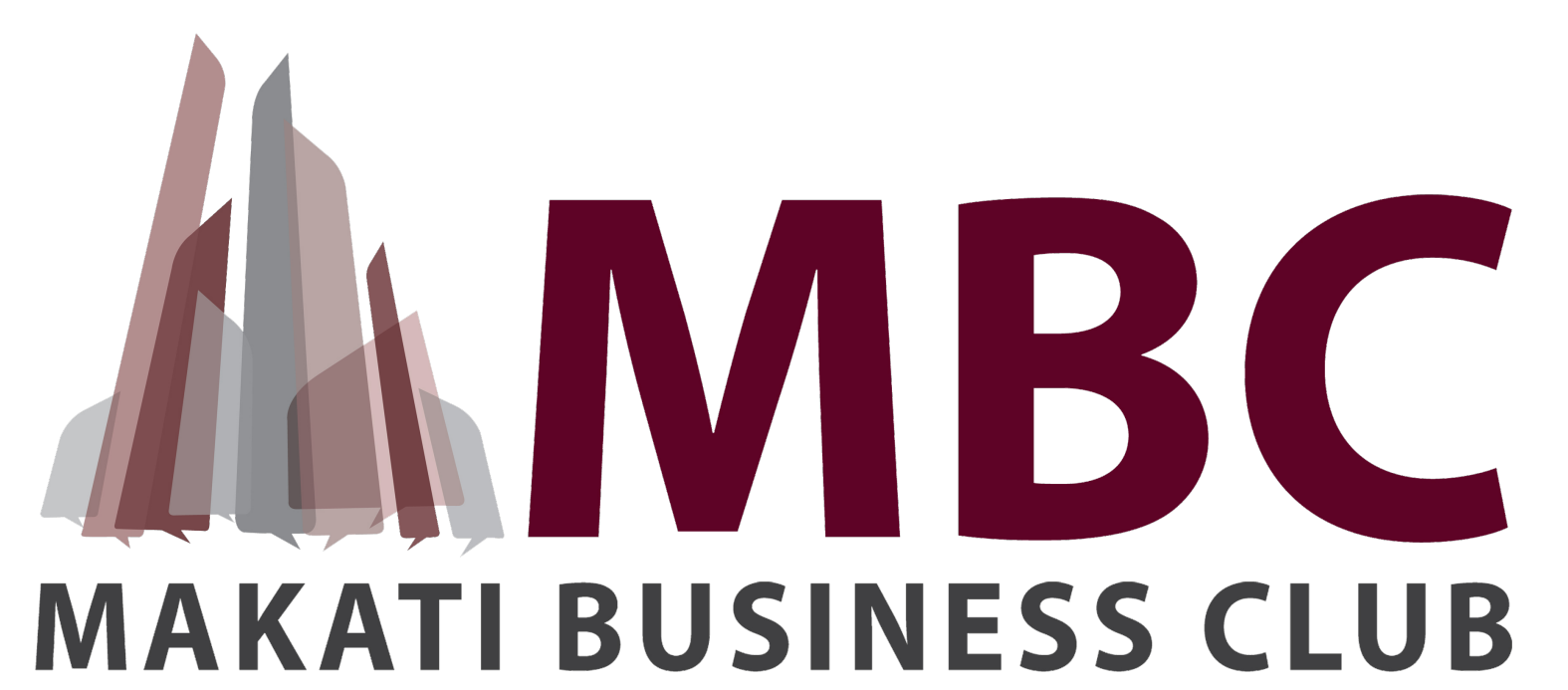The Makati Business Club welcomes the results of the 2015-2016 World Economic Forum (WEF) Global Competitiveness Report, wherein the Philippines now ranks 47th out of 140 economies, up from 52nd last year. Since 2010, the Philippines has risen by 38 places, making the country among the world’s most improved economies during the period. With this achievement, the Philippines has come much closer to its goal of being in the top third of the global rankings. Congratulations are in order for all government agencies that have tangibly contributed to this milestone.
Placing the rankings in perspective, the Philippines placed fifth out of nine included Southeast Asian countries in the survey. Worth highlighting is that while Vietnam ranks 68th overall and sixth in ASEAN, it is steadily gaining on the ASEAN-5, garnering the highest jump among Southeast Asian countries with a 12-place improvement. Meanwhile, the Philippines ranks 16th out of the 19 covered APEC economies. These should provide the impetus to rapidly enact the needed reforms to sustain our momentum.
From last year, the country moved up in 10 out of 12 pillars in the index, with the largest improvements seen in labor market efficiency (up by nine places to 82nd), health and primary education (up six places to 86th), and market size (up five places to 68th). What is noteworthy, however, is that since 2010, the strongest performing pillars for the Philippines are in innovation (up 63 places to 48th), institutions (up 48 places to 77th), and macroeconomic environment (up 44 places to 24th)—pillars that lay the ground for long-term, sustainable growth.
On the other hand, we also recognize that inefficient government bureaucracy, inadequate supply of infrastructure, and corruption are the most problematic factors to doing business in the Philippines. These are supported by poor performances in the burden of government regulation (down 28 places to 101st), efficiency of legal framework in challenging regulations (down 24 places to 80th), quality of overall infrastructure (down 11 to 106th), and prevalence of diversion of public funds (down 22 to 100th), among others. In terms of information technology infrastructure, dropping in ranks were availability of latest technologies (down 20 to 78th) and international internet bandwidth (down 30 to 76th).
The above three factors are among the priority areas of focus by the Philippine Business Groups and Joint Foreign Chambers (PBG-JFC) in the letter sent to the President last May. As possible solutions to the concerns, the PBG-JFC recommended the nationwide implementation of a National Competitiveness Council initiative to reduce the number of steps to establish a business, more intensified efforts to implement critical infrastructure projects, as well as the enactment of the Department of Information and Technology Act, Freedom of Information Act and the PPP Act, among others. MBC shares the PBG-JFC’s position that the implementation of these and other key measures will result in improved national competitiveness.
MBC believes that the achievements of the last five years are certainly worth celebrating. Nevertheless, as the Philippines continues to improve, other economies are likewise moving and are either rapidly catching up or overtaking the country. Moving forward, especially towards a change in administration, MBC, through the Philippine Business Groups and Joint Foreign Chambers, commit to support all efforts aimed at further improving the country’s competitiveness.
The Makati Business Club has been the partner institute of the World Economic Forum in the Philippines since 1994.
